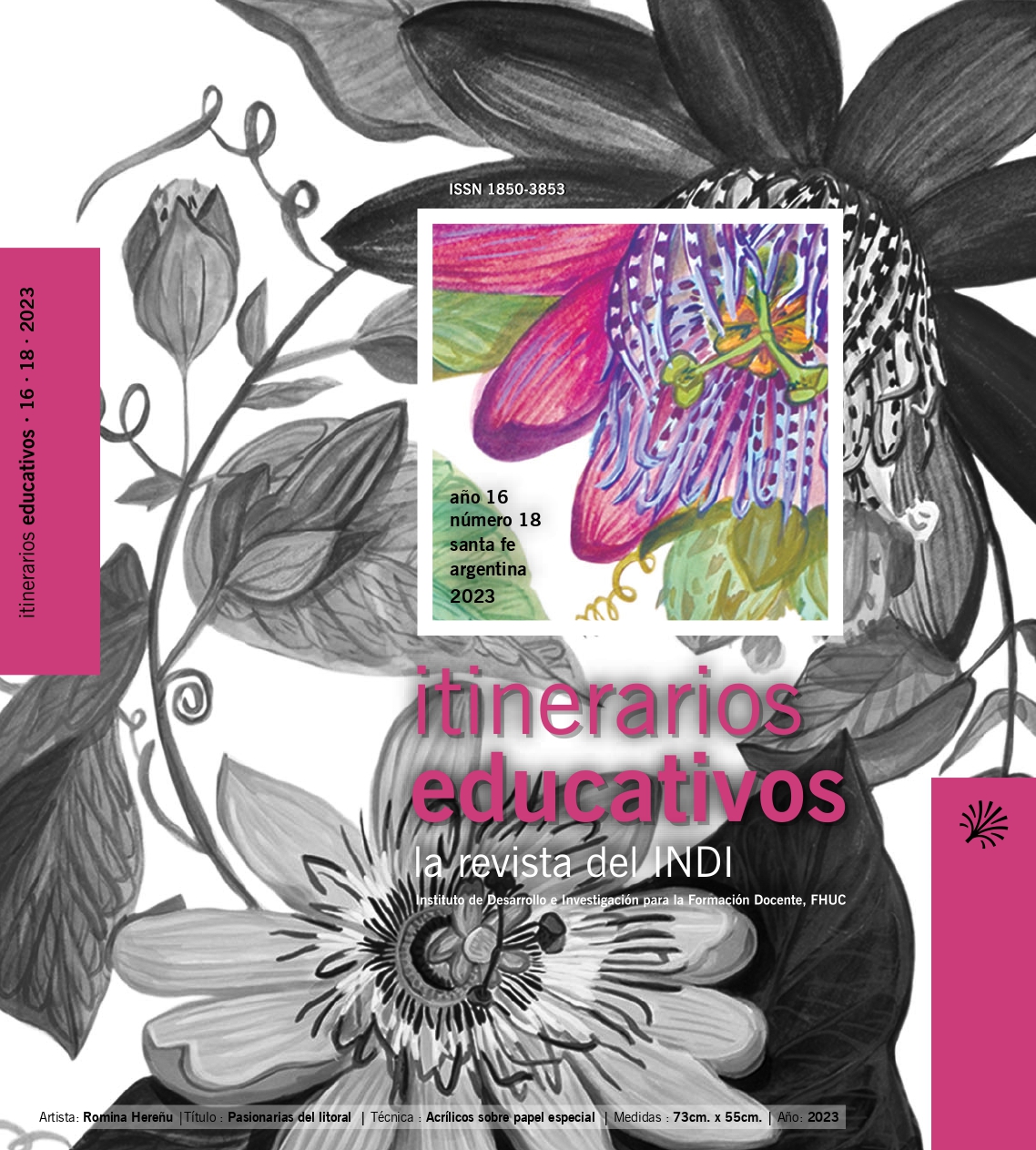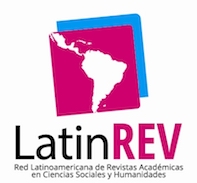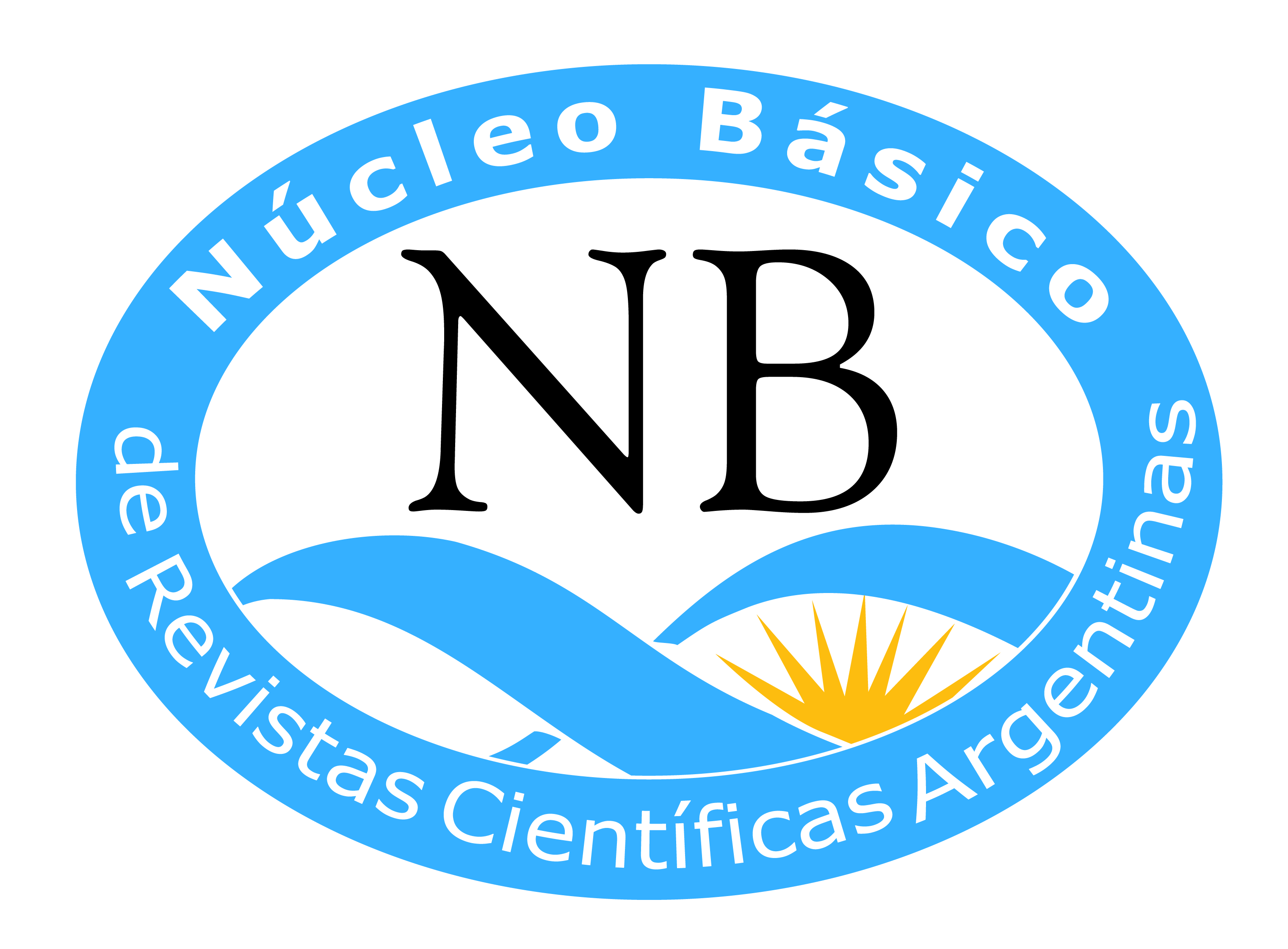The essayist teacher: between communication and experimentation
DOI:
https://doi.org/10.14409/ie.2023.18.e0049Keywords:
essay, knowledge, ethics, experience, didacticsAbstract
Lectures by theorists and philosophers have gained an unsuspected importance years ago; however, the studies that take them as an object have been developed without a thought that contemplates their performative character. The following paper proposes the figure of the essayist teacher as a way to unveil unexplored dimensions in the relationship between teaching and knowledge production. The aim is to think the classroom as a living space, in which, far from transmitting a prefixed content, devoid of equivocalities, it can be understood as a space in which theorization takes place. This formulation seeks to consider both the communicative character of the classroom and the contradictions contained in the object, that is, the opacity of the experience it is supposed to communicate.
References
Adorno, T. W. (1974). Notas sobre literatura. Madrid: Akal [2004].
Astier, F. (2007). La philosophie orale de Gilles Deleuze et son rôle dans l’élaboration de son oeuvre écrite. Recuperado de: https://tinyurl.com/6wv39r3r
Austin, J. (1962). Cómo hacer cosas con palabras. Barcelona: Paidós [1990].
Barcena, F. (2000). La educación como acontecimiento ético. Buenos Aires: Paidós.
Barthes, R. (1982). Lo obvio y lo obtuso. Buenos Aires: Paidós [2015].
––– (1984). El susurro del lenguaje. Buenos Aires: Paidós.
Blanchot, M. (1969). La conversación infinita. Madrid: Trotta [2008].
Bohrer, K. H. (1981). Suddenness: On the Moment of Aesthetic Appearance. Nueva York: Columbia University Press [1994].
Bombini, G (2006). Reinventar la enseñanza de la lengua y la literatura. Buenos Aires: Del Zorzal.
Bourdieu, P. (2002). Campo de poder, campo intelectual. Buenos Aires: Montressor.
Burbules, N. (1999). El dialogo en la enseñanza. Buenos Aires: Amorrortu.
Butler, J. (2009). Dar cuenta de sí mismo. Buenos Aires: Amorrortu.
Compagnon, A. (2015). El demonio de la teoría. Barcelona: Acantilado.
Coste, C. (2008). Roland Barthes, from seminar to lecture. Histoire de l’éducation volumen 120 (4), 139–160.
Cueto, S. (2011). Juan B. Ritvo. Fragmentos para un retrato. En Una poética de la interrupción. Ensayos para Juan B. Ritvo. Rosario: Paradoxa, 31–35.
Derrida, J. (1989). Biodegradables: Seven Diary Fragments. Critical Inquiry volumen 15 (4), 812–873.
Dalmaroni, M. (2013). El dios alojado: Enseñar a enseñar literatura: notas para una ética de la clase. Educación, lenguaje y sociedad, Vol. 10 (10), 129–156.
Foster, H. (2004). An Archival Impulse. The MIT Press, volumen 110, 3–22.
Garayalde, N. (2019). La enseñanza de Teoría literaria en la universidad. Recial volumen 10 (15), 1–19.
Gerbaudo, A. (2014). La institucionalización de las Letras en la universidad argentina 1945–2010). Notas «en borrador» a partir de un primer relevamiento. Santa Fe: UNL.
––– (2016). Políticas de exhumación. Santa Fe: UNL.
Giordano, A. (1999). Las razones de la crítica. Buenos Aires: Colihue.
––– (2000). Modos del ensayo. Rosario: Beatriz Viterbo. [2005].
––– (2020). Análisis y crítica II [video].
Lacalle, JM.; Riva, G. (2014). Aproximaciones a la historia de la Teoría Literaria en la carrera de Letras de la UBA. Parte I (1920–1946). Luthor (19), 13–24.
Lacan, J. (1967). Seminario 15. El acto psicoanalítico [mimeo].
Kuri, C. (2015). De la subjetividad del ensayo (problema de género) al sujeto del ensayo (problema de estilo). En El discurso sobre el ensayo. Buenos Aires: Santiago Arcos, 185–2010
Larrosa, J. (2003). La experiencia de la lectura. Buenos Aires: FCE.
Montalbetti, M. (2014). Cualquier hombre es una isla. Buenos Aires: Paidós.
Noguera Ramirez, C. (2009). Foucault profesor. Revista Educación Y Pedagogía, volumen 21 (55), 131–150.
Rosa, N. (1992). Artefacto. Rosario: Beatriz Viterbo.
Podlubne, J.; De Man, P. (2020). Barthes en cuestión. Rosario–Santiago de Chile: Bulk.
Sarason, S. (2002). La enseñanza como arte de representación. Buenos Aires: Amorrortu.
Sarlo, B. (2015). Del otro lado del horizonte. En El discurso sobre el ensayo. Buenos Aires: Santiago Arcos editor, 133–153
Sapiro, G. (2012). International Cooperation in the Social Sciences and Humani–ties: Comparative Socio–Historical Perspectives and Future Possibilities. Paris: INTERCO–SSH.
Published
How to Cite
Issue
Section
License
Those authors who have publications with this magazine, accept the following terms:
The authors will retain their copyright and guarantee the journal the right of first publication of their work,
which will be simultaneously subject to the Creative Commons Recognition License that allows third parties to share
the work whenever its author and first publication this magazine.
Authors may adopt other non-exclusive licensing agreements for the distribution of the published work (eg, deposit
it in an institutional telematic file or publish it in a monographic volume) whenever the initial publication in this
journal is indicated.
Authors are allowed and advised to disseminate their work through the Internet (eg, in institutional telematic files
or on their website) before and during the submission process, which can produce interesting exchanges and increase
citations of the published work. (See The effect of open access).
















